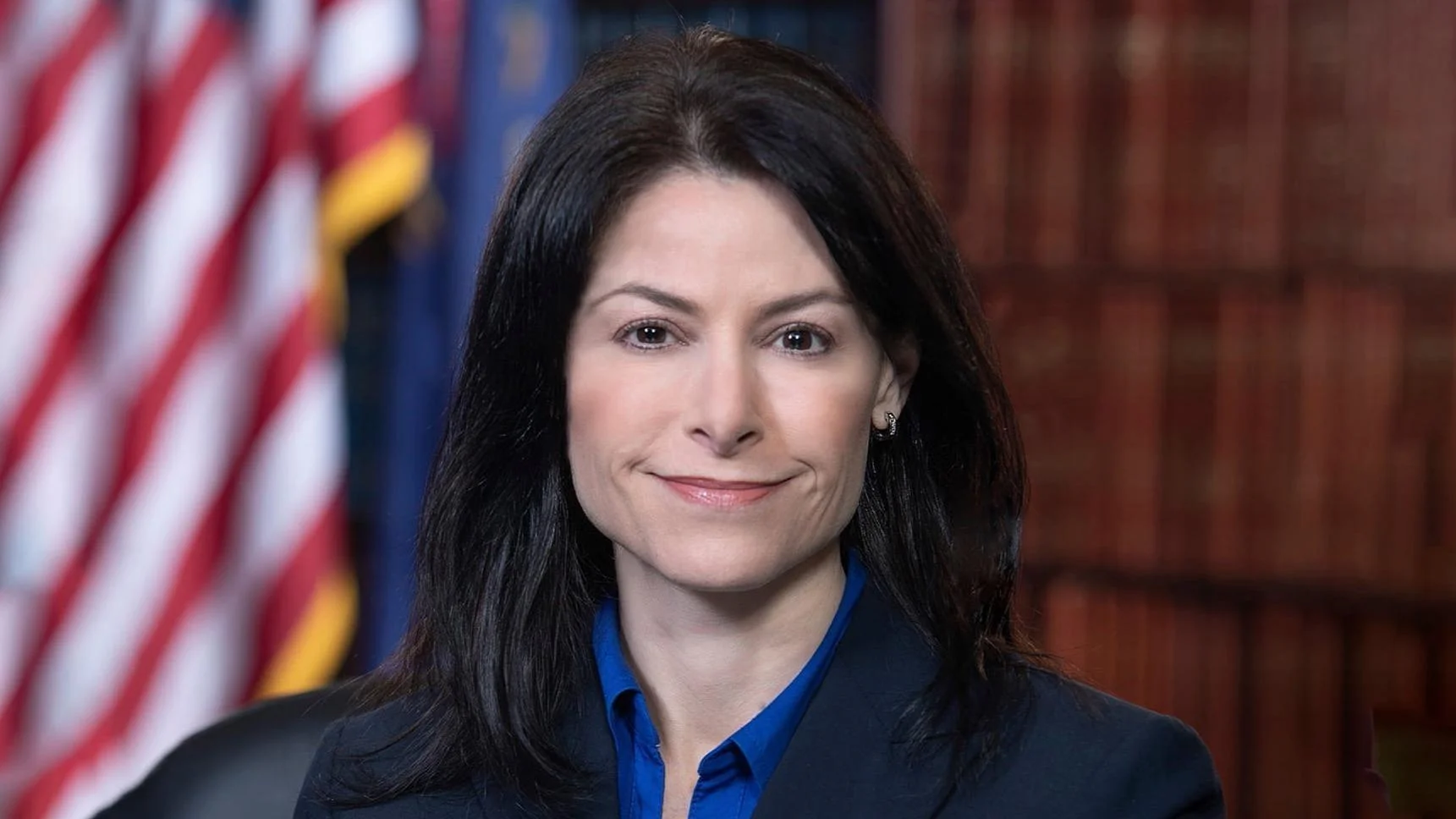Dana Nessel, Attorney General of Michigan | www.facebook.com
Dana Nessel, Attorney General of Michigan | www.facebook.com
The U.S. District Court for the Western District of Michigan has dismissed a lawsuit filed by Right to Life of Michigan and other anti-abortion plaintiffs, which aimed to overturn the state’s constitutional right to reproductive freedom. The case was brought against Michigan Attorney General Dana Nessel, Governor Gretchen Whitmer, and Secretary of State Jocelyn Benson.
Michigan Attorney General Dana Nessel responded to the decision by stating, “Medical decisions belong to individuals and their doctors, not politicians and special interest groups. This ruling is a reminder that our Constitution and the will of Michigan voters cannot be struck down because anti-abortion individuals don’t like the outcome. My office will continue to defend Michiganders against attempts to roll back their rights and protect bodily autonomy.”
After the 2022 U.S. Supreme Court decision that overturned Roe v. Wade, abortion regulation became a state-level issue across the country. In Michigan, this created concern about a previous law that banned nearly all abortions except those necessary to save a pregnant person’s life. To address these concerns, Michigan voters approved Proposal 3 in November 2022, which amended the state constitution to guarantee reproductive rights.
In November 2023, Right to Life of Michigan and others opposed to reproductive rights filed a federal lawsuit challenging Article 1, Section 28 of the Michigan Constitution—the provision added through Proposal 3. The suit named Nessel, Whitmer, and Benson as defendants.
The Department of Attorney General filed a motion in January 2024 seeking dismissal of the lawsuit. Plaintiffs then amended their complaint; however, in April 2024, state officials argued that these amendments did not resolve fundamental issues with the case.
The federal court ultimately found that none of the fifteen plaintiffs had standing and dismissed all claims against state officials.






 Alerts Sign-up
Alerts Sign-up